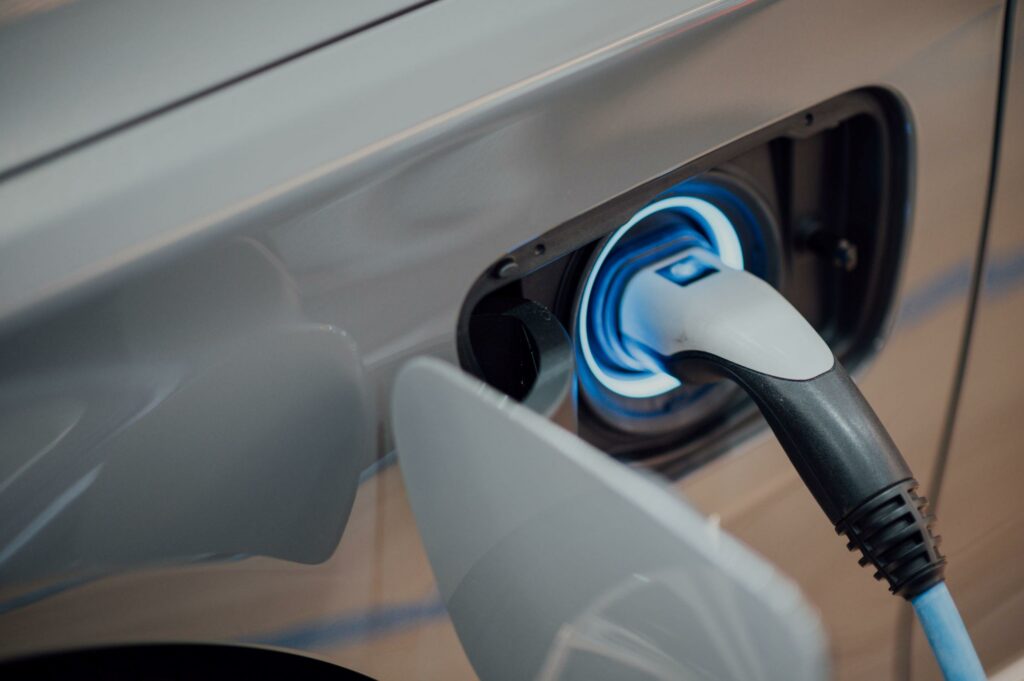More than a third of UK businesses are planning to invest in electric vehicle (EV) charging infrastructure in the next 12 months, according to a report from Centrica Business Solutions.
Businesses are set to invest £13.6 billion this year in purchasing EVs, as well as setting up the charging and energy infrastructure needed. This is an increase of £2 billion from 2021, and will add more than 163,000 EVs in 2022, a 35% increase from the 121,000 registered last year.
Businesses have played a “key role” in the electrification of the fleet in the UK, the report notes, with 190,000 of private and commercial battery EVs were added in 2021.
In a survey of 200 UK businesses from a wide range of sectors, the majority (62%) has said it expected to operate a 100% electric fleet in the next four years, ahead of the 2030 ban on petrol and diesel vehicle sales, and more than four in ten said they had increased their EV fleet in the past 12 months.
Some of the main drivers for this uptake of EVs for businesses in the UK are the need to meet its sustainability targets (59%), a demand from employees within the company (45%) and customers pressuring companies to be more environmentally friendly (43%).
Greg McKenna, managing director of Centrica Business Solutions, said: “Businesses will continue to play a vital role in achieving the UK’s green transport ambitions, but with a record number of EVs expected to enter the UK car park this year, we must ensure the supply of vehicles and wider charging infrastructure is robust enough to meet the demand.”
Whilst almost half of businesses have now installed a charging point on their premises, concerns over a lack of public chargepoints is driving 36% to invest in charging infrastructure in the next 12 months. This is a small increase on the number found to be investing in chargepoints in 2021, when a Centrica Business Solution’s report found 34% were eyeing chargepoints.
This lack of public chargepoints remains a major barrier for businesses, and was cited as the main issue for almost half (46%) of the companies surveyed. Almost two thirds (64%) of companies rely completely or partially on the public charging network to operate their fleet of electric cars.
Concern over the increase in energy prices has grown in recent months, even as the cost of running an EV remains lower than petrol or diesel based vehicles, according to the report.
Power prices in the UK have surged due to record high gas prices over the end of 2021 and into 2022, a dynamic which was further exacerbated by the Russian invasion of Ukraine. Research from npower Business Solutions in June suggests that 77% of businesses view energy costs as their biggest concern.
One way businesses can help to protect themselves from the wider energy market volatility is through the adoption of renewable generation on-site, coupled with an increased use of energy storage.
This would “avoid the risk and high costs of buying all of the power from the grid,” according to Centrica Business Solutions.
Of those surveyed, 43% are planning to install renewable energy in its premises this year, while 40% already have installed renewable energy generation.
“Combining energy technology such as solar panels and battery storage into the wider charging infrastructure will help harness renewables and reduce the demand on the grid during peak charging times,” added McKenna.






